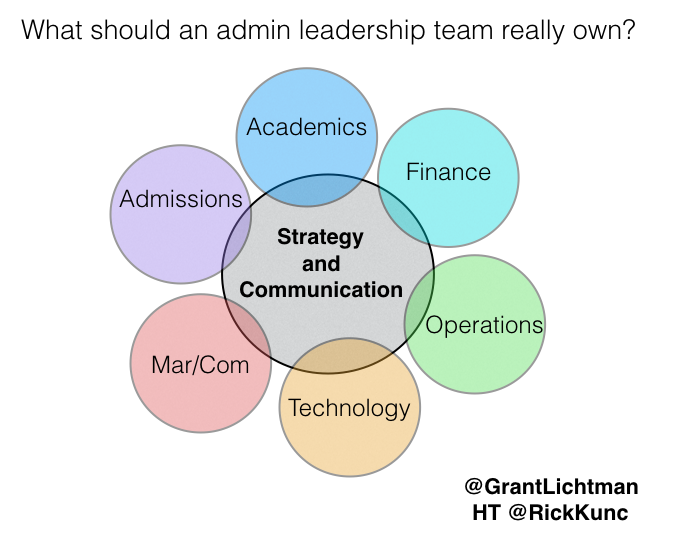Following my post last week, I had some more great conversations with educators around the country who are working on integrating the critical learning skills of mindfulness and deep reflection into academic programs. Shelly Sowell consults with independent schools and talked about how important it is for young teenagers to “slow down” in their busy lives. With less focus on religion in the family, sometimes less family time with one-parent households, and increasingly hectic lives, students default to the attraction of sex and drugs at ever-younger ages if they do not have confidence in their own centers. She talked about real examples of success from as little as three minutes a week where a teacher stops a class to center and focus, and the students understand and can use that tool as issues arise outside the classroom.
I also read “Tuning In” a great compilation of essays by Irene McHenry of the Friends Council on Education, and others from the Friends network of Quaker-based schools where mindfulness and reflection are a mainstay of the student experience. This is a great book with loads of concrete examples of techniques that are easy to use, applicable at all age levels, and translate into better learning results in any classroom.
These are critical life skills. We know they work, and they few resources to implement, particularly that most precious resource teachers have: time. Teaching and learning skills like this should be a part of everyday life in our schools. Why are they not? I will continue to pursue these discussions as we put together our new book that looks at how critical skills can be more closely integrated into our learning process.




We often discuss how these and other skills are critical for our youth’s development but we always seem to put the responsibility of teaching these skills on us.
Ken,
Is your point that putting the responsibility on teachers a burden? A bad thing? What if teachers were given time and resources to learn to teach these skills? Do they belong in the primary learning environment? Or do you think they belong in other venues, like home or church? My view is that if something is a valuable life lesson or skill, why should it not be integrated in school? Thanks for the comments.